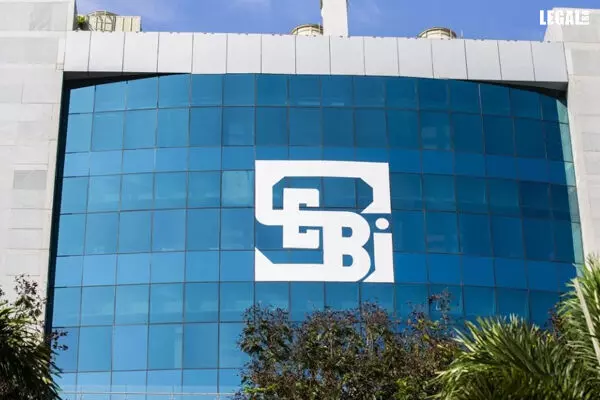- Home
- News
- Articles+
- Aerospace
- Artificial Intelligence
- Agriculture
- Alternate Dispute Resolution
- Arbitration & Mediation
- Banking and Finance
- Bankruptcy
- Book Review
- Bribery & Corruption
- Commercial Litigation
- Competition Law
- Conference Reports
- Consumer Products
- Contract
- Corporate Governance
- Corporate Law
- Covid-19
- Cryptocurrency
- Cybersecurity
- Data Protection
- Defence
- Digital Economy
- E-commerce
- Employment Law
- Energy and Natural Resources
- Entertainment and Sports Law
- Environmental Law
- Environmental, Social, and Governance
- Foreign Direct Investment
- Food and Beverage
- Gaming
- Health Care
- IBC Diaries
- In Focus
- Inclusion & Diversity
- Insurance Law
- Intellectual Property
- International Law
- IP & Tech Era
- Know the Law
- Labour Laws
- Law & Policy and Regulation
- Litigation
- Litigation Funding
- Manufacturing
- Mergers & Acquisitions
- NFTs
- Privacy
- Private Equity
- Project Finance
- Real Estate
- Risk and Compliance
- Student Corner
- Take On Board
- Tax
- Technology Media and Telecom
- Tributes
- Viewpoint
- Zoom In
- Law Firms
- In-House
- Rankings
- E-Magazine
- Legal Era TV
- Events
- Middle East
- Africa
- News
- Articles
- Aerospace
- Artificial Intelligence
- Agriculture
- Alternate Dispute Resolution
- Arbitration & Mediation
- Banking and Finance
- Bankruptcy
- Book Review
- Bribery & Corruption
- Commercial Litigation
- Competition Law
- Conference Reports
- Consumer Products
- Contract
- Corporate Governance
- Corporate Law
- Covid-19
- Cryptocurrency
- Cybersecurity
- Data Protection
- Defence
- Digital Economy
- E-commerce
- Employment Law
- Energy and Natural Resources
- Entertainment and Sports Law
- Environmental Law
- Environmental, Social, and Governance
- Foreign Direct Investment
- Food and Beverage
- Gaming
- Health Care
- IBC Diaries
- In Focus
- Inclusion & Diversity
- Insurance Law
- Intellectual Property
- International Law
- IP & Tech Era
- Know the Law
- Labour Laws
- Law & Policy and Regulation
- Litigation
- Litigation Funding
- Manufacturing
- Mergers & Acquisitions
- NFTs
- Privacy
- Private Equity
- Project Finance
- Real Estate
- Risk and Compliance
- Student Corner
- Take On Board
- Tax
- Technology Media and Telecom
- Tributes
- Viewpoint
- Zoom In
- Law Firms
- In-House
- Rankings
- E-Magazine
- Legal Era TV
- Events
- Middle East
- Africa
SEBI Reduces Approval Time For Stock Brokers' Internet Trading To Seven Days

SEBI Reduces Approval Time For Stock Brokers' Internet Trading To Seven Days
The Securities and Exchange Board of India (SEBI) announced a significant reduction in the approval time for stock brokers seeking permission for internet-based trading on stock exchanges. The approval time has been shortened from the current 30 days to just seven days, a move aimed at promoting ease of doing business.
According to the new rule, brokers must apply to the respective stock exchange for formal permission to offer internet-based trading services. Previously, stock exchanges had 30 calendar days to communicate their decision to the member. However, under the revised guidelines, they are required to do so within 7 days, as outlined in Sebi's circular.
Internet trading facilitates the execution of client orders through order routing systems, directing these orders to exchange trading systems for processing. This allows clients from any location within the country to engage in trading activities using the internet via brokers' internet trading systems.
Moreover, the regulatory authority has eliminated the previous requirement for periodic confirmation of Internet-Based Trading (IBT) statistics by stock brokers before publication by stock exchanges. Instead, exchanges will now publish IBT statistics based on information regarding IBT terminals provided directly by stock brokers. Exchanges may also request information or declarations regarding IBT terminals from stock brokers as they deem necessary.
The decision follows requests received by SEBI regarding internet-based trading from the Industry Standard Forum (ISF) of stock brokers.
The new guidelines will come into effect immediately.



